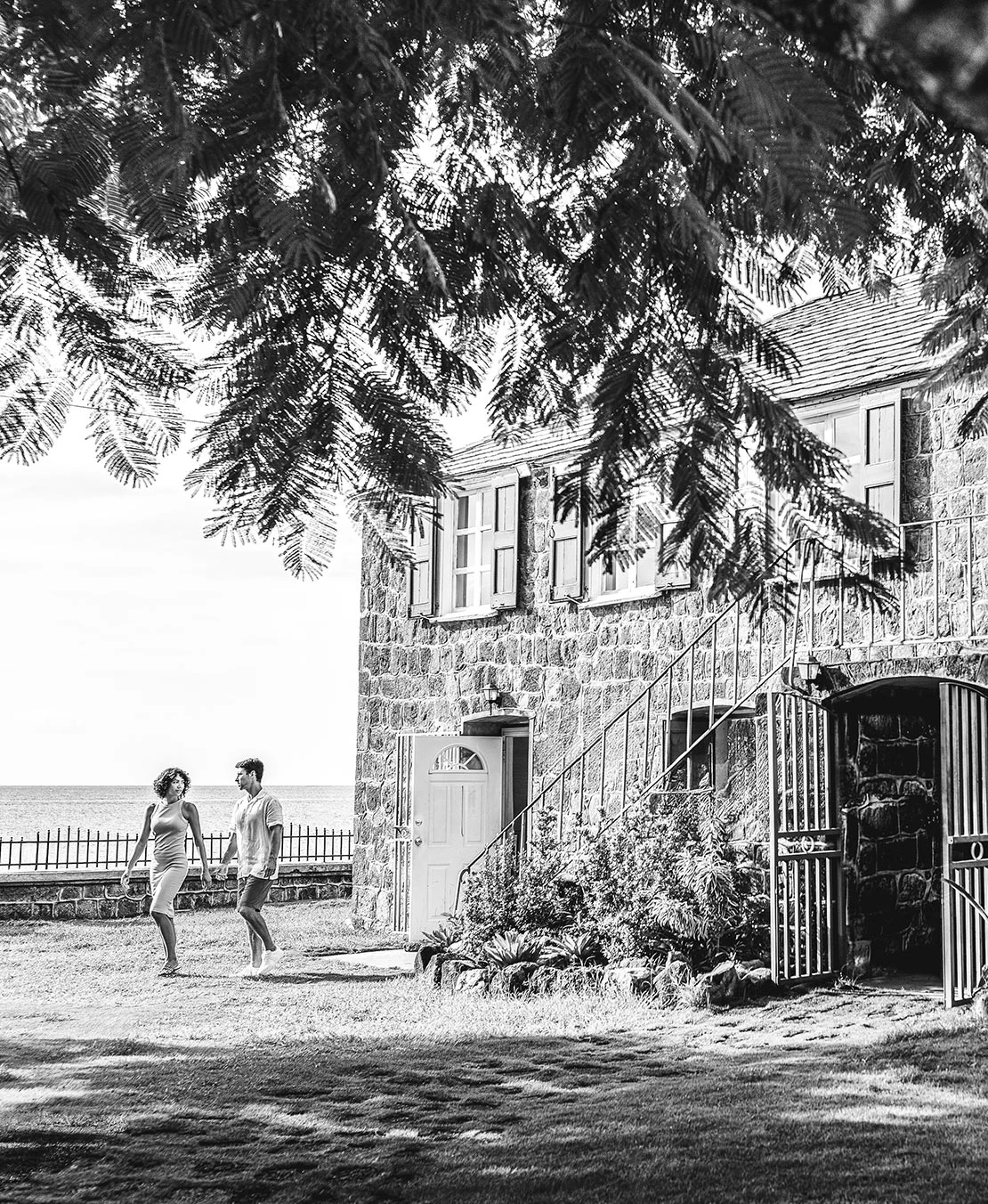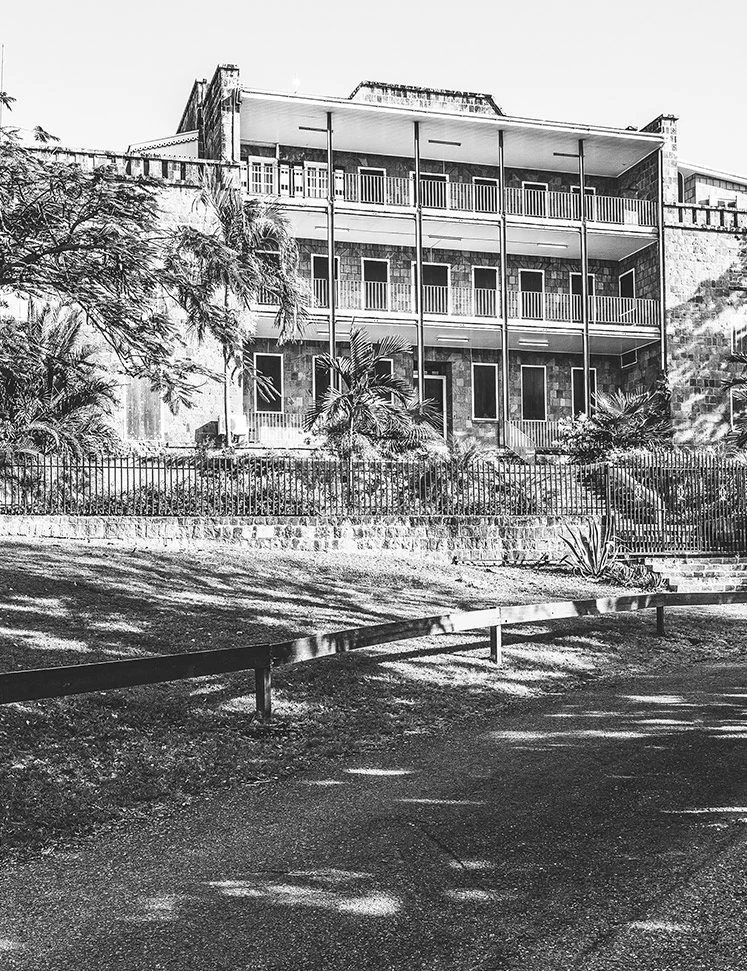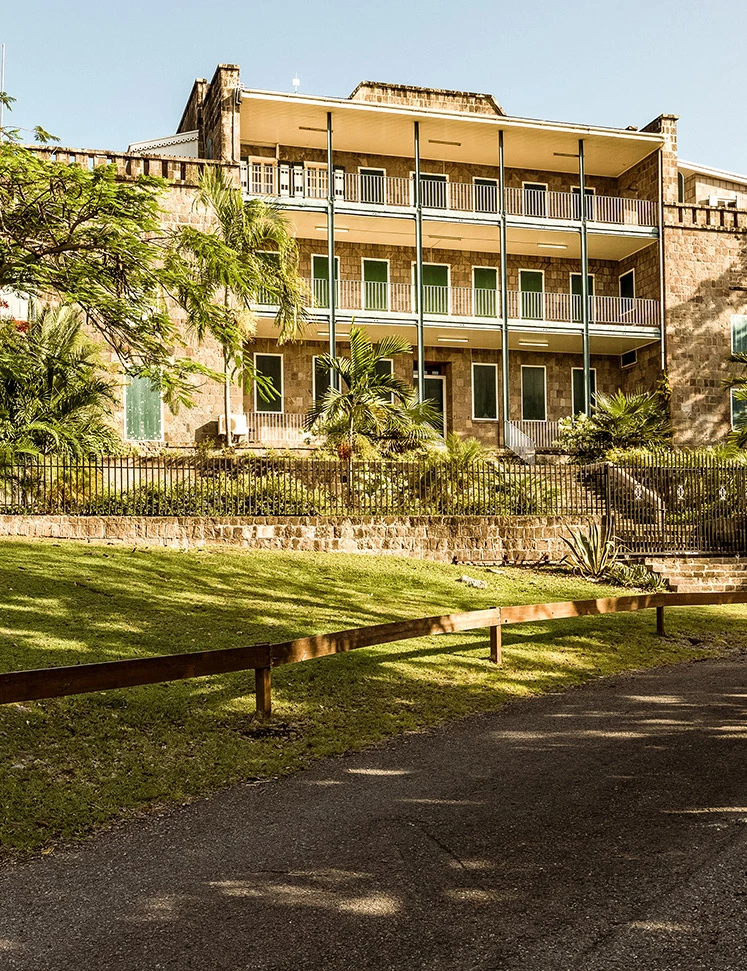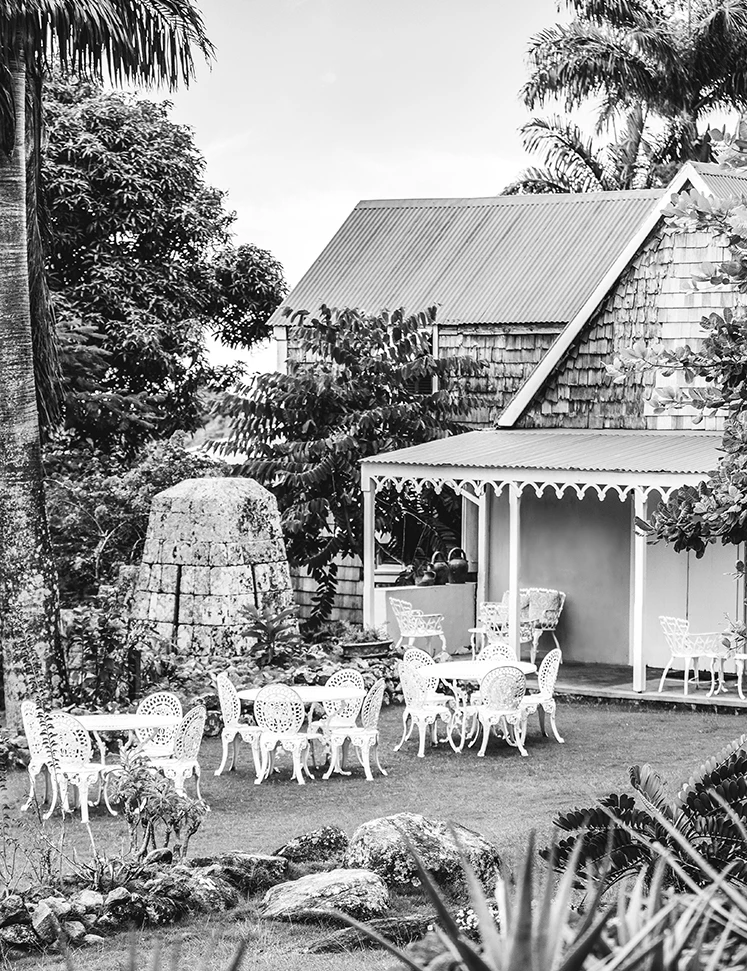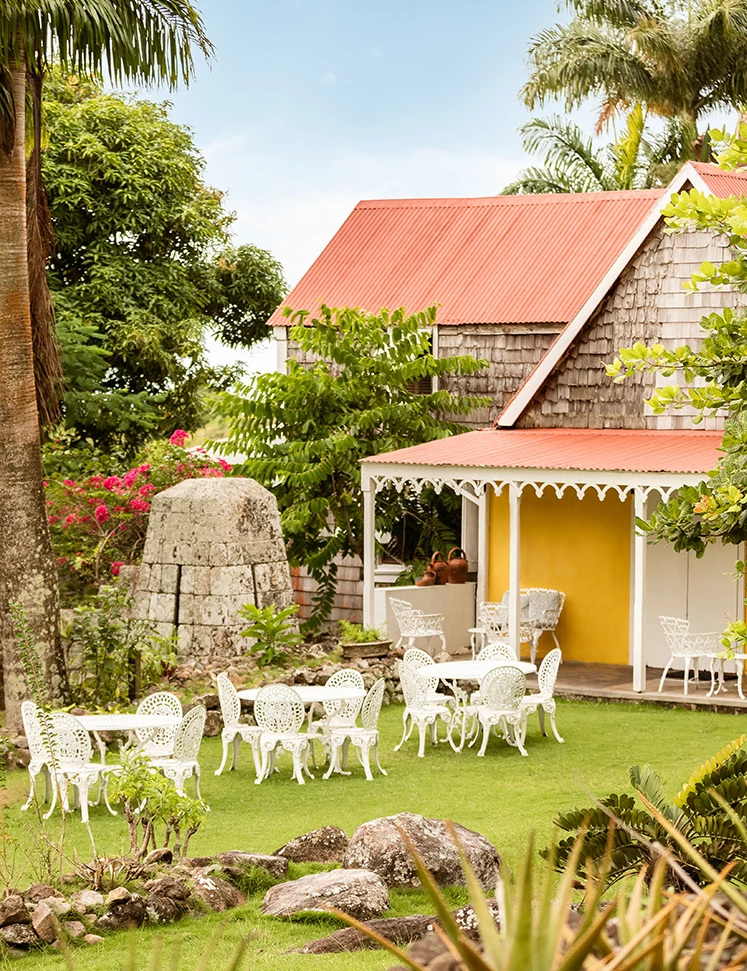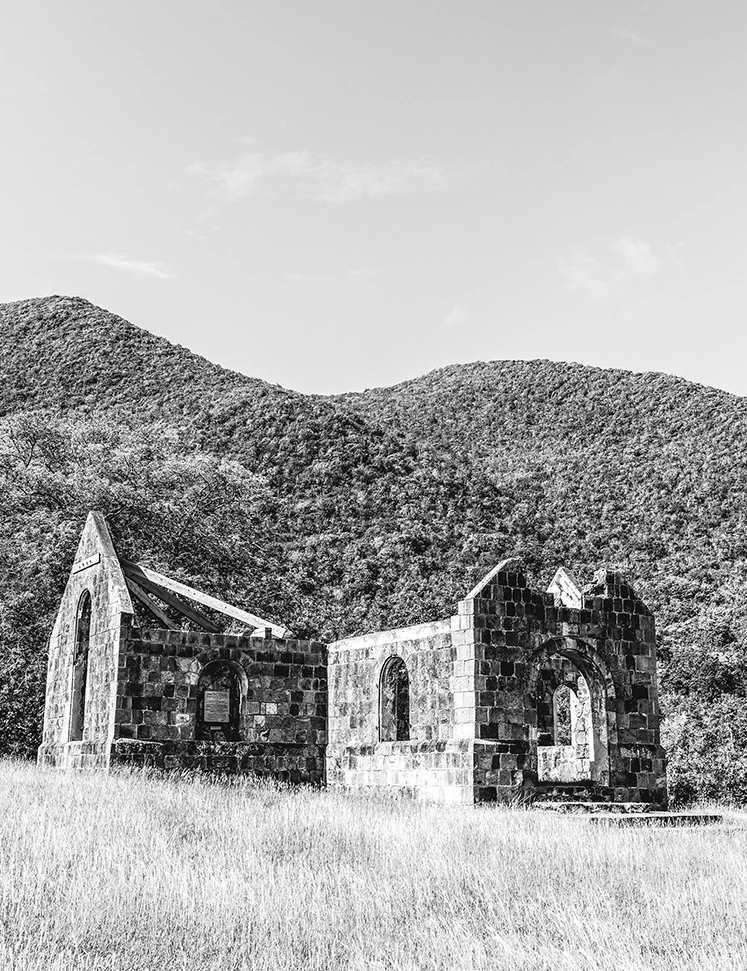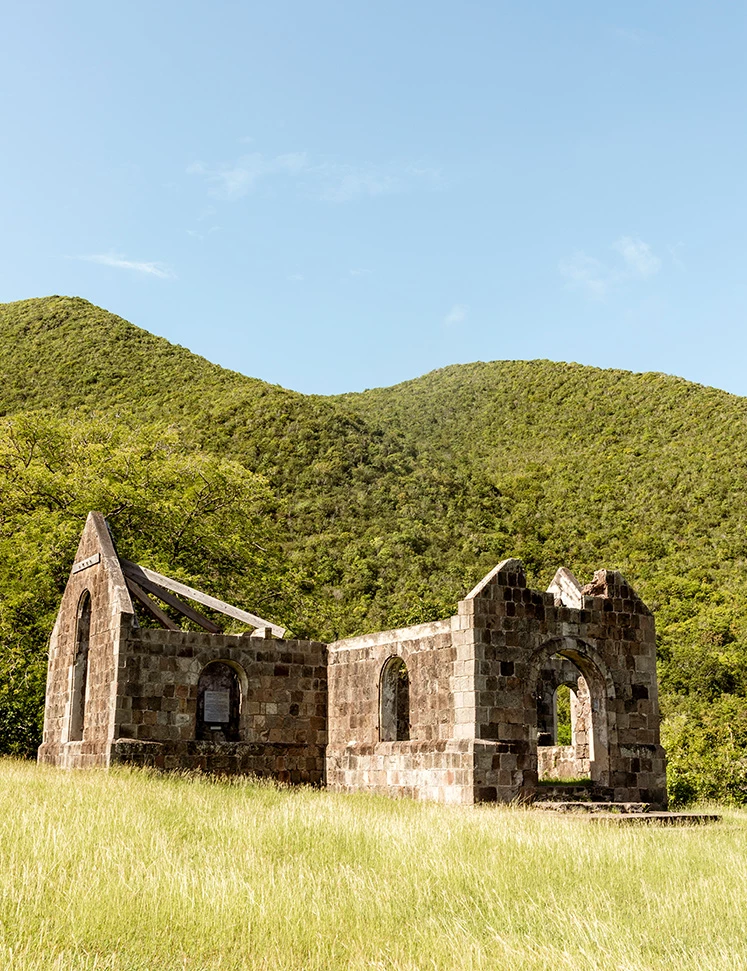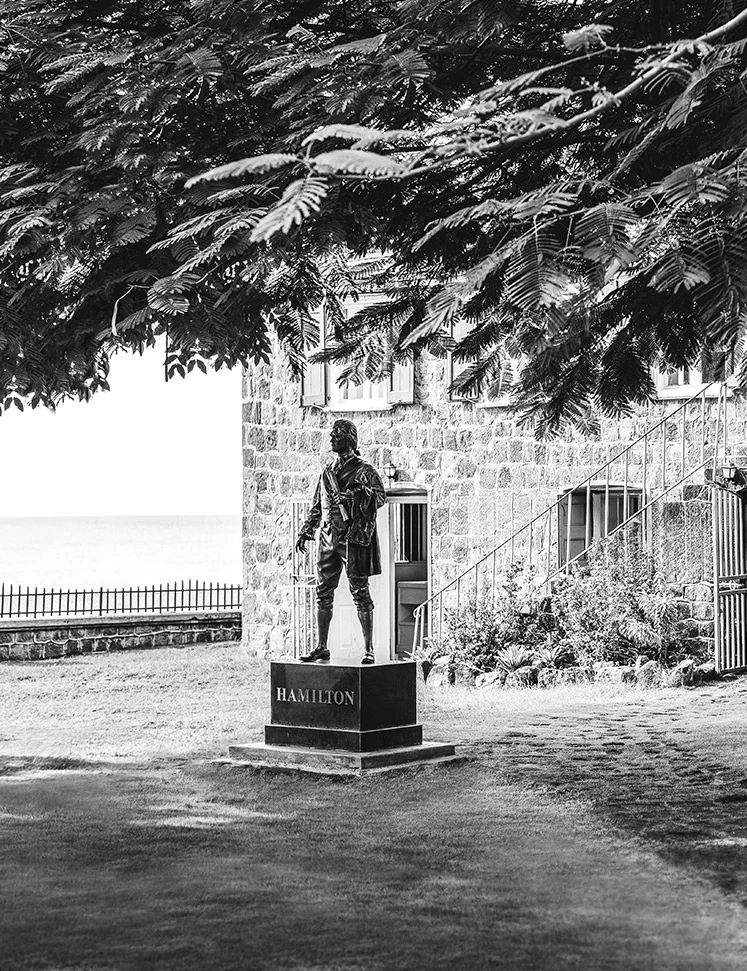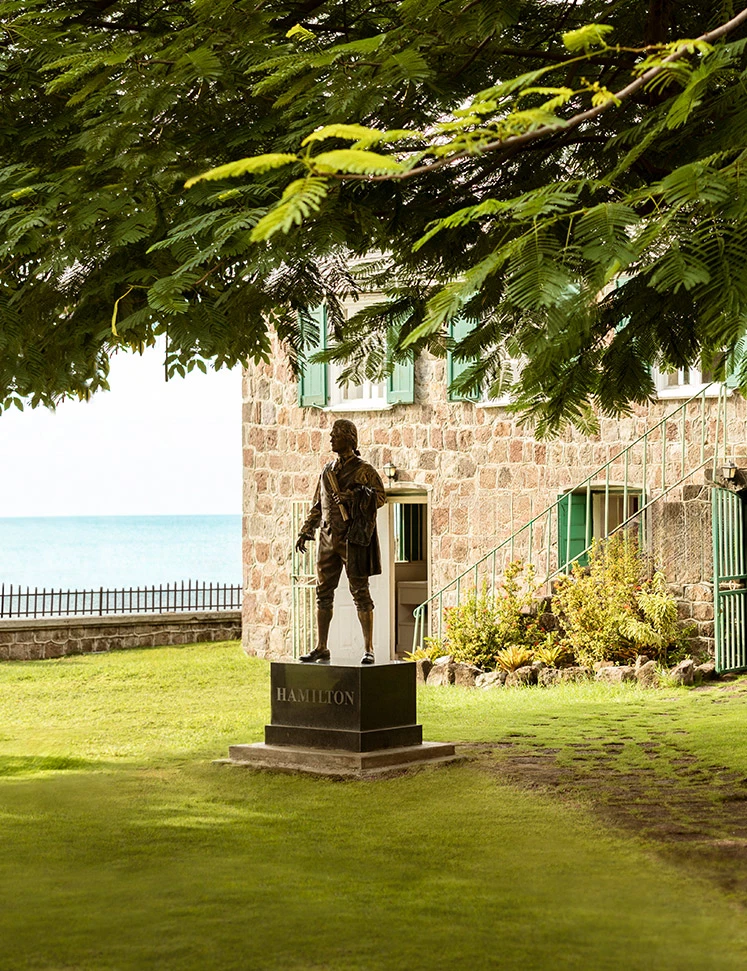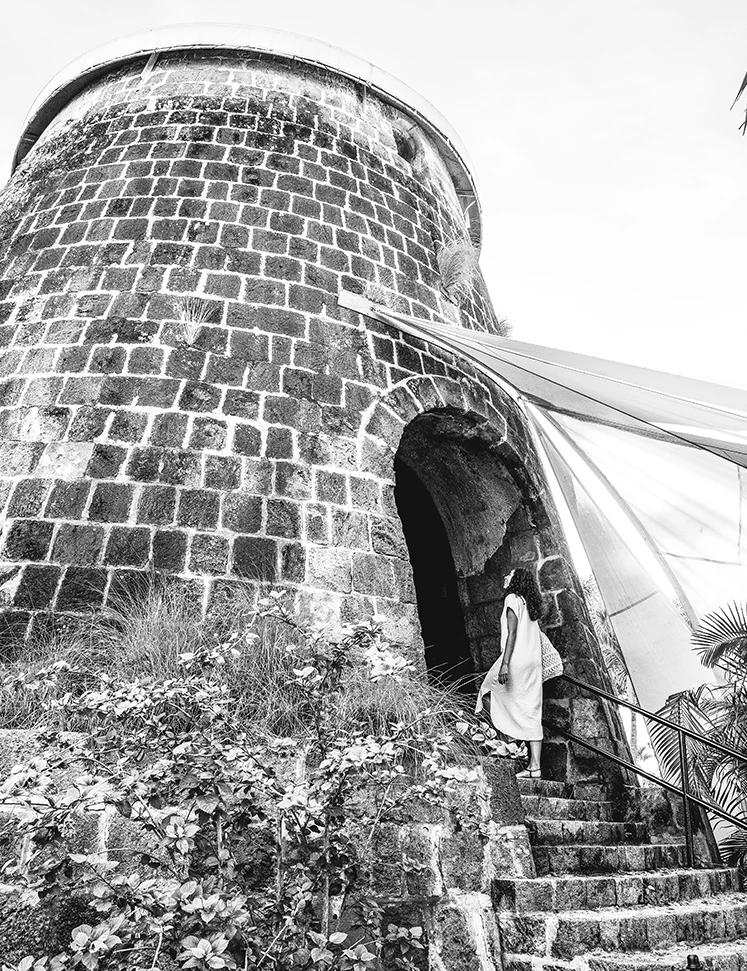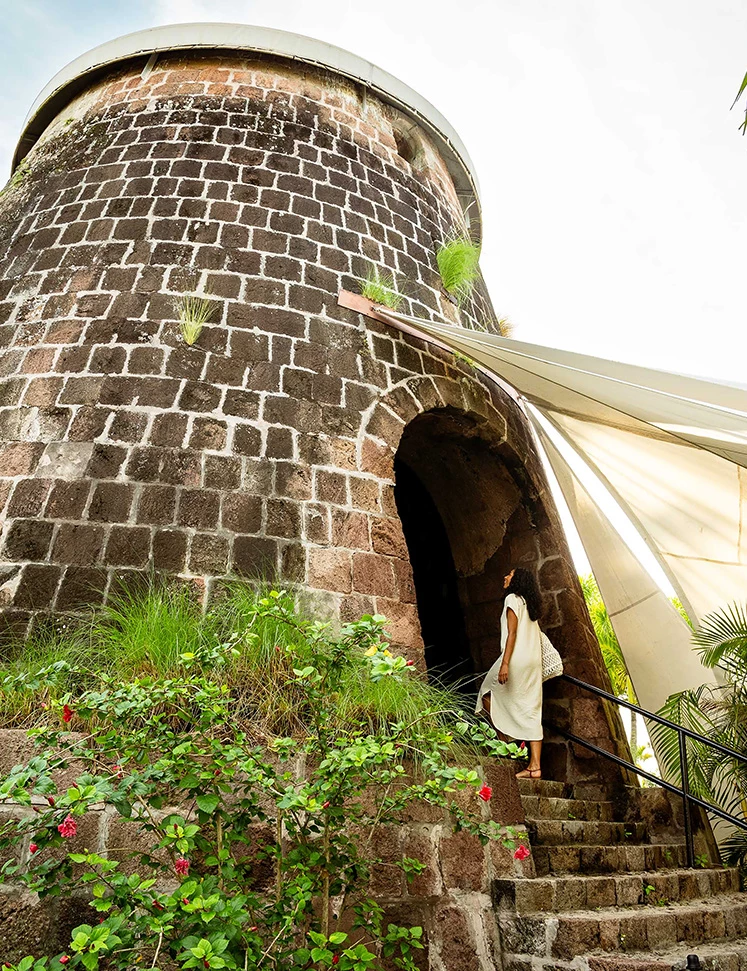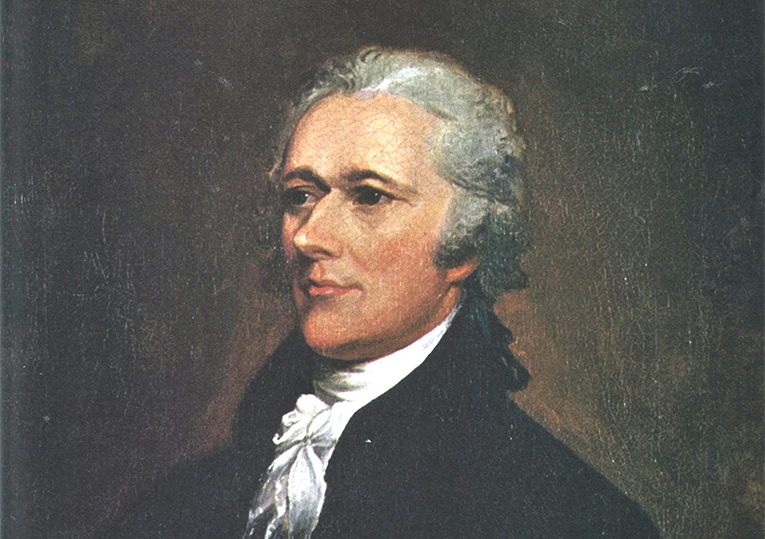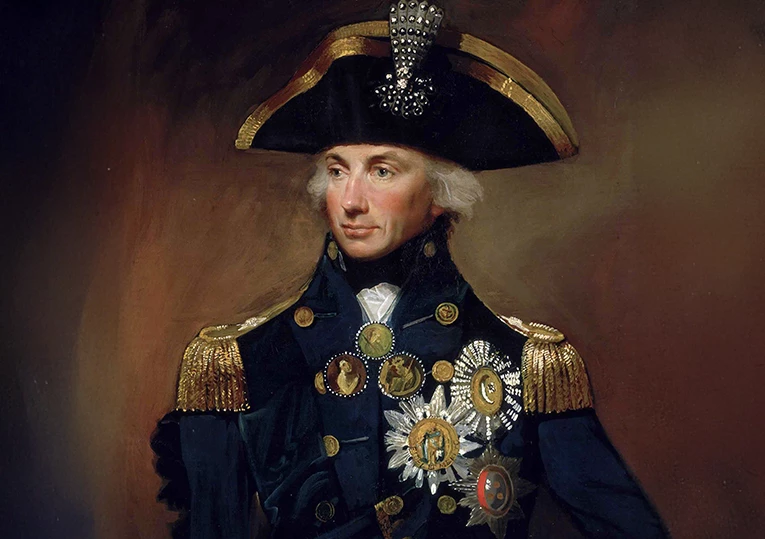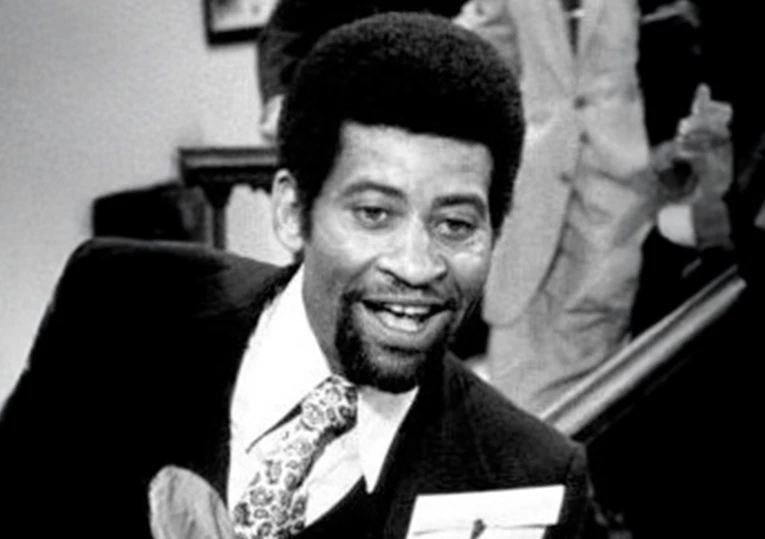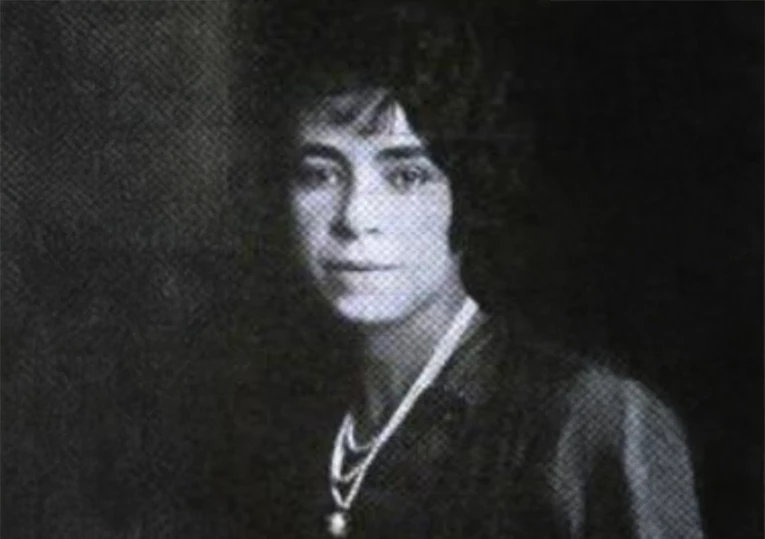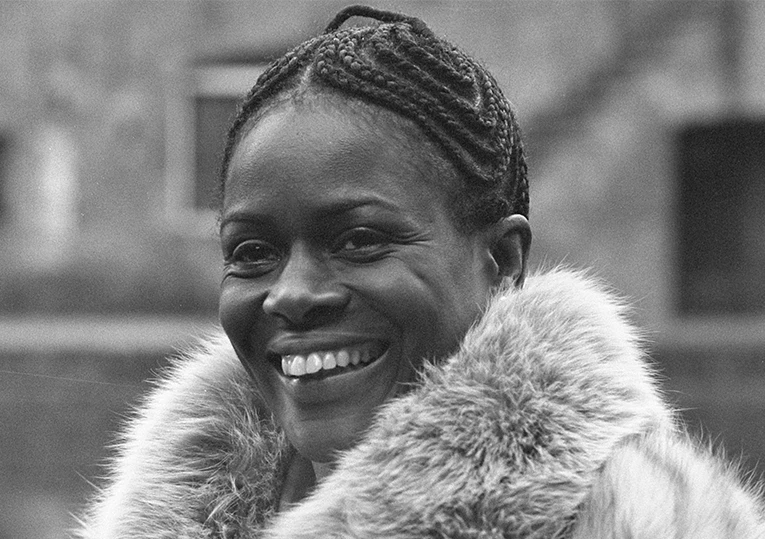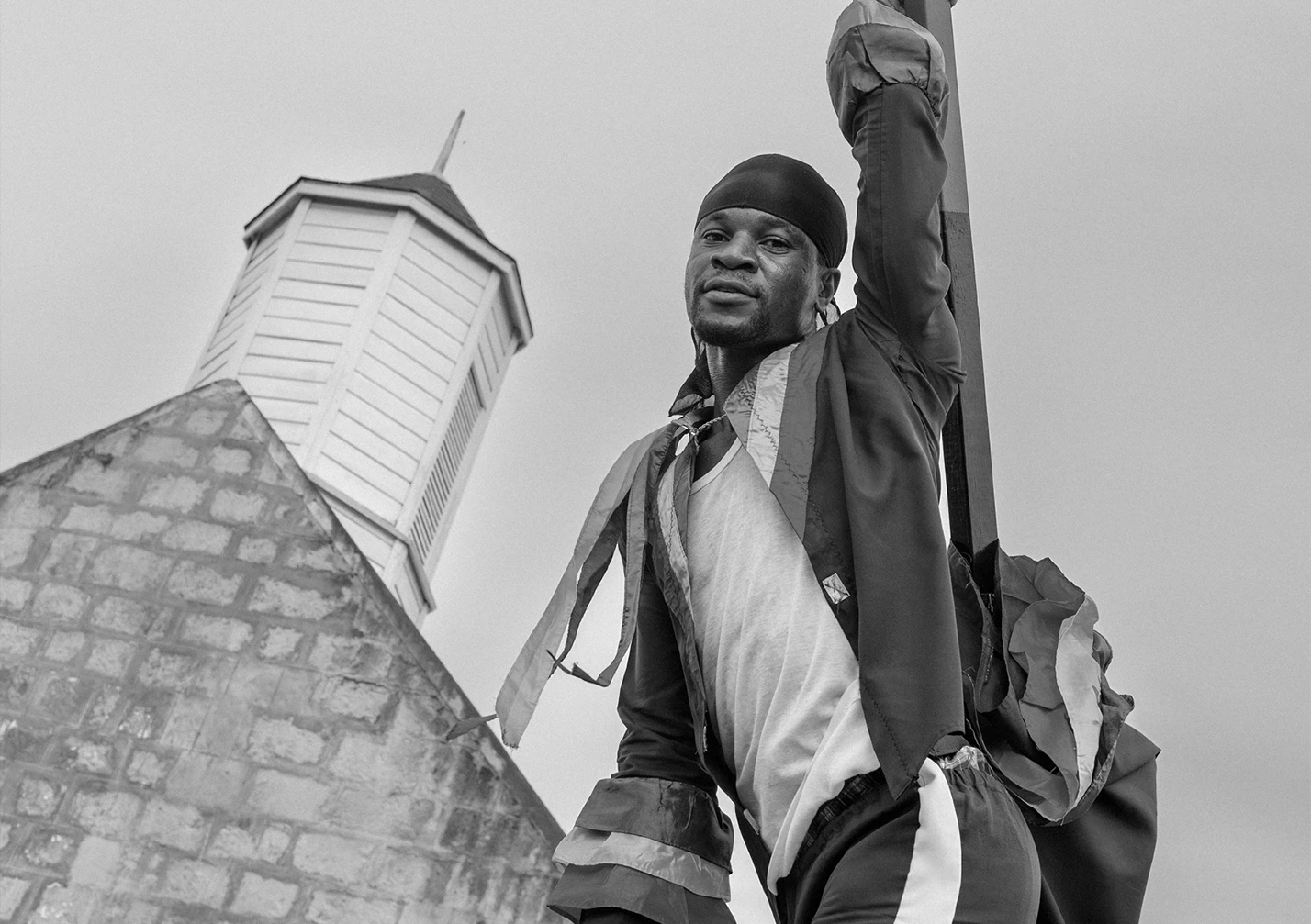THE FIRST NEVISIANS
The Sibonay and Arawaks were the first Nevisans, and the island was named Dulcina—“Sweet Island”—by the Arawaks. Later, Carib settlers called the island Oualie for “land of beautiful waters.”
OUR LADY OF THE SNOWS
In the late 1400s, European explorers began charting Caribbean land and waters. Captivated by the clouds draped over its central peak, Columbus named the island “Nuestra Señora de las Nieves.”
COLONIZATION
In the 1600s, the British arrived on Nevis, transforming it into a hub for the sugar trade. Its wealth shaped the island’s—and the Caribbean's—economy, leaving behind grand estates and a complex legacy.
THE FIRST HOTEL
Built in 1778, the Bath Hotel was the first in the Caribbean. A visionary retreat, it drew visitors from around the world to Nevis’s soothing hot springs and stunning landscapes.
FREEDOM
With the abolition of slavery in 1834, Nevisian communities flourished, cultivating a heritage of independence, creativity, and pride that continues to define the island today.
INDEPENDENCE
On September 19, 1983, Nevis broke free from British rule, becoming a proud and sovereign nation. This moment of independence marked the beginning of a new chapter.
PRESENT DAY
Today, Nevis honours its storied past and vibrant culture with celebrations that weave together its heritage and natural beauty. The island invites locals and visitors alike to embrace its spirit and sense of belonging.
